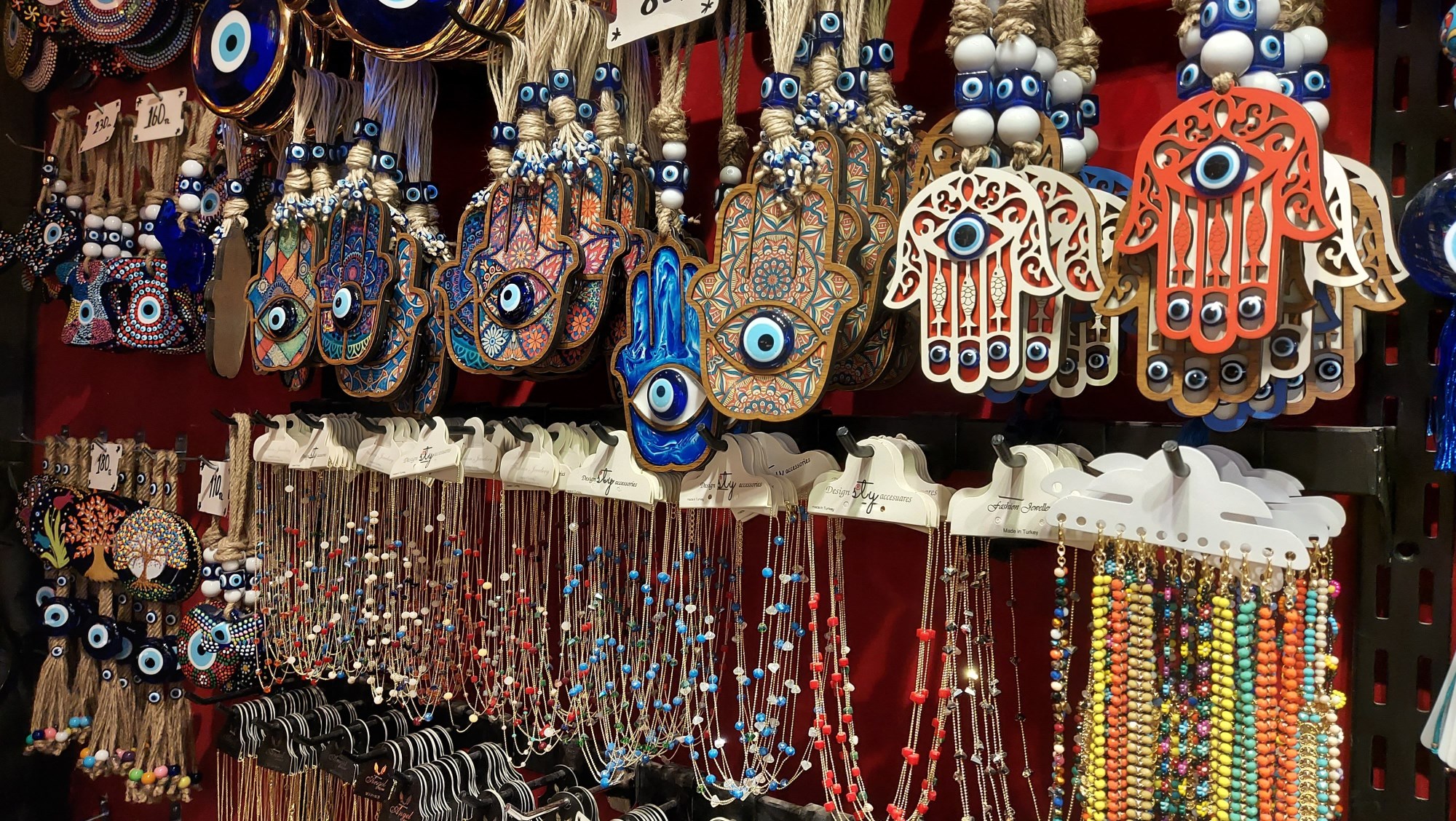Image via website
Superstitions remain deeply ingrained in daily life across Egypt, blending cultural traditions with popular beliefs. Passed down through generations, these customs often shape how people interpret ordinary events. While some may laugh them off, many Egyptians still find comfort, or caution, in these age-old practices.
The Evil Eye
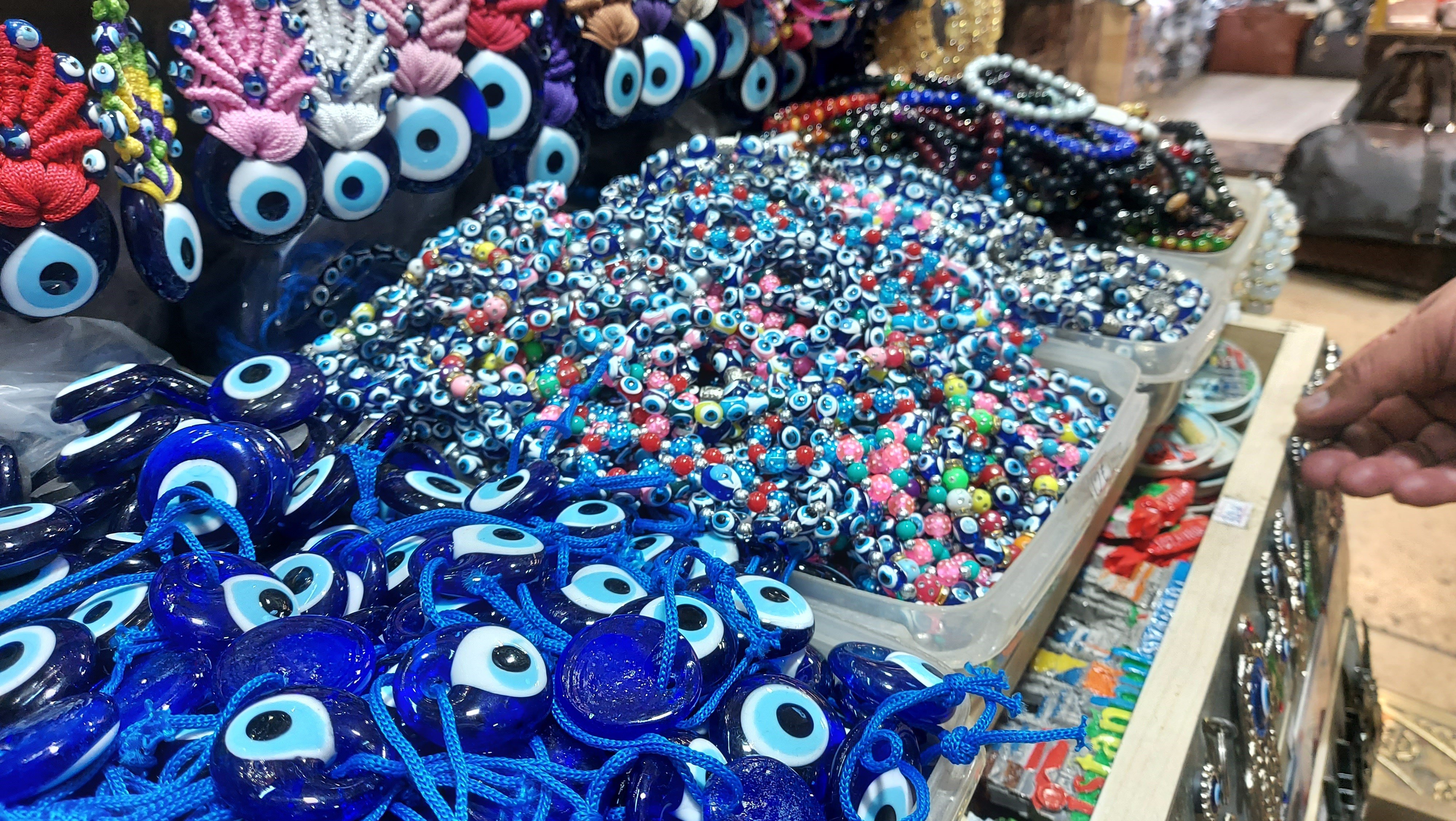
Image via website
Fear of the evil eye is perhaps the most widespread superstition. It’s believed that envy or admiration, even if unintended, can bring harm. To protect themselves, Egyptians often hang charms such as blue beads or the hand-shaped khamsa to ward off negativity.
Coffee Spills as Good Fortune
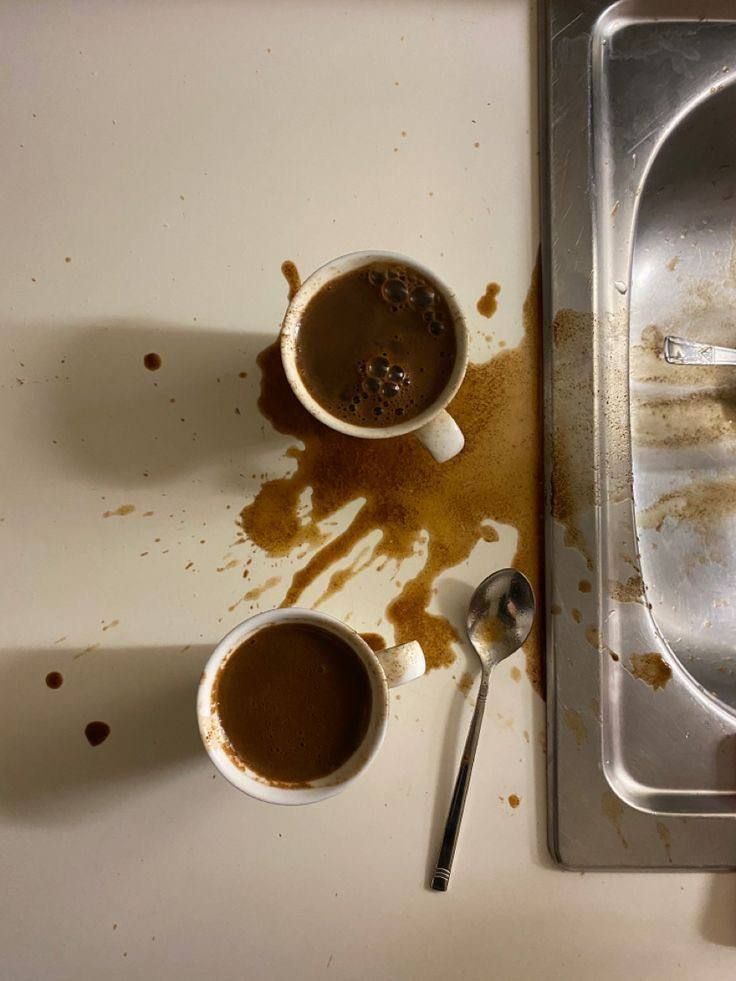
Image via Pinterest
In many homes, spilling coffee isn’t seen as a clumsy misfortune but as a positive omen. The accident is often taken as a sign that good news, blessings, or a pleasant surprise is on its way, turning what could be an annoyance into something to celebrate.
Avoiding Nail Cutting at Night
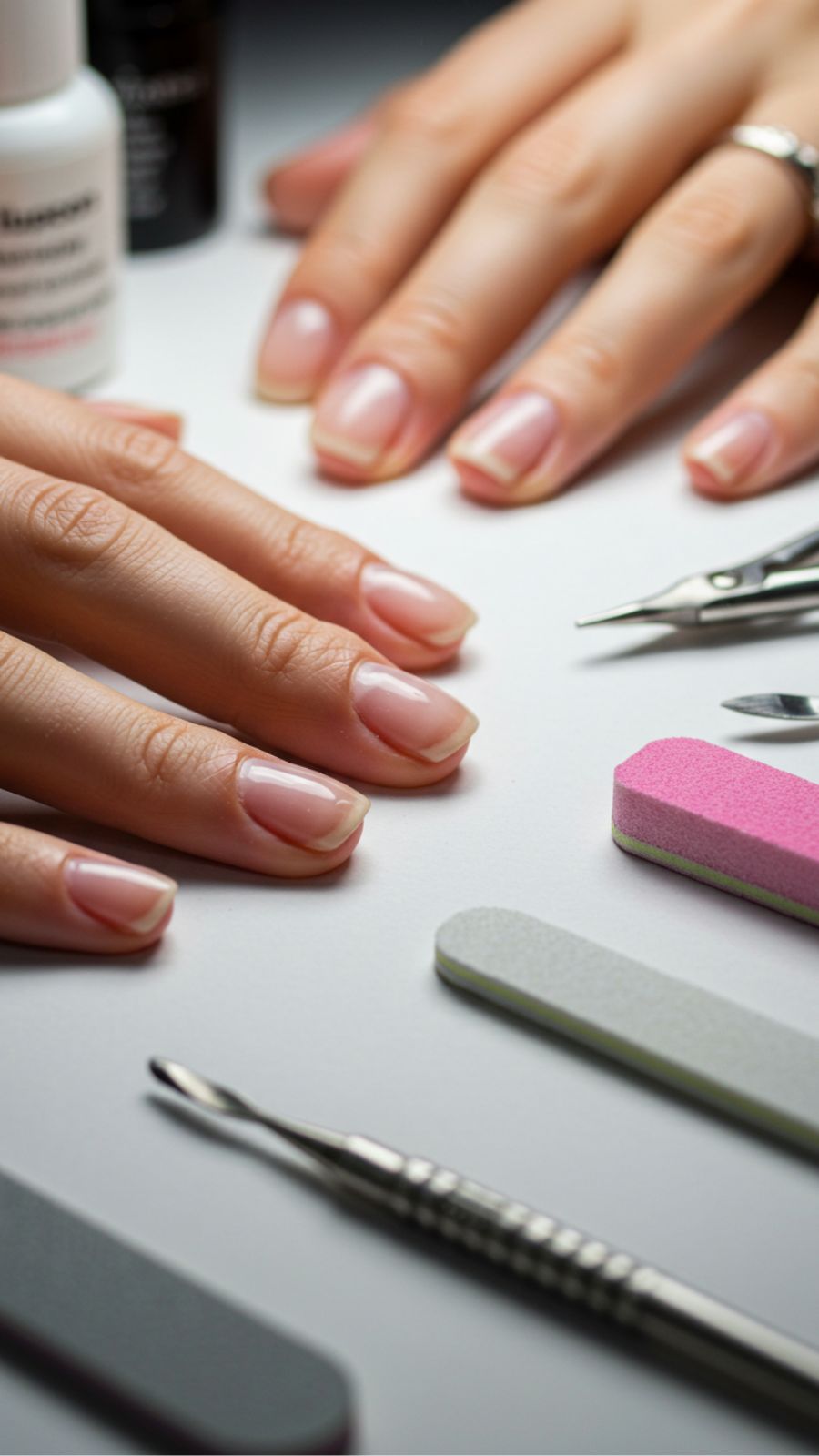
Image via Pinterest
An old superstition advises against trimming nails after dark. Though its origins are unclear, many Egyptians believe it brings bad luck or invites unwanted problems. As a result, grooming is often reserved for daylight hours, especially in more traditional communities.
Owls as Harbingers of Misfortune
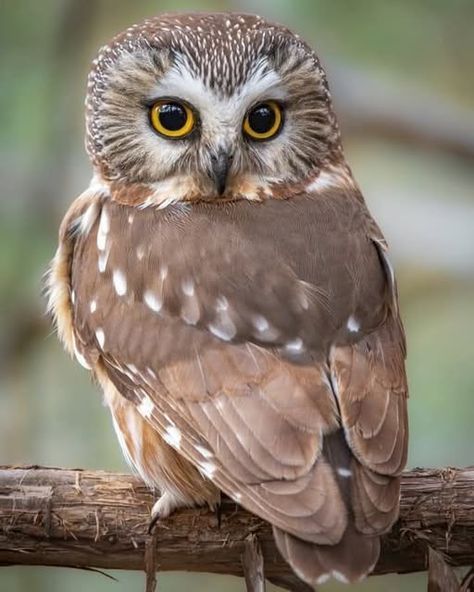
Image via Pinterest
Unlike in some cultures where owls symbolise wisdom, in Egypt, they are often linked with death or disaster. Hearing or seeing one near a home is considered unlucky, prompting people to recite prayers or dismiss the bird as an unwelcome omen.
Itchy Hands and Money
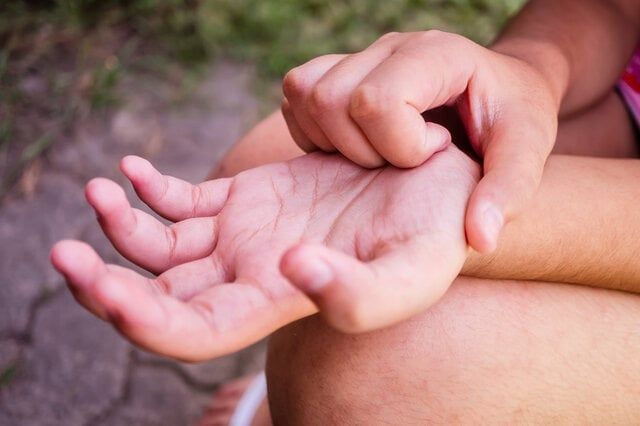
Image via Pinterest
A tingling hand is seen as a sign of financial shifts. An itchy right palm suggests incoming money, while an itchy left palm signals monetary loss. Some even delay scratching, believing it will increase the chances of good fortune coming true.

